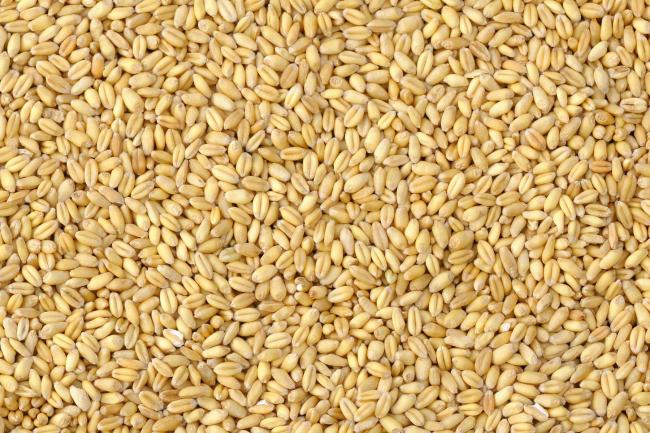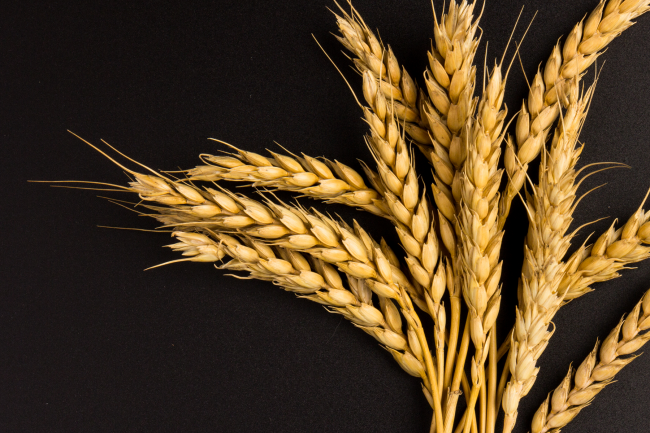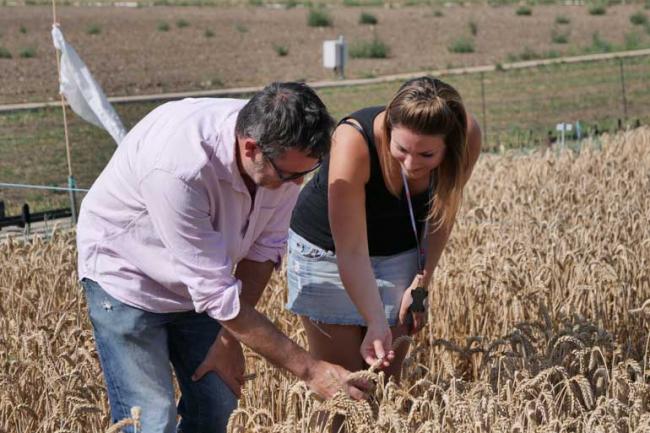
The Group’s talks will start with Postdoctoral Scientist Dr Ben White presenting: “The Wheat Pantranscriptome” featured in the new and updated Triticeae resources as part of the Bioinformatics session, Tuesday 01 June.
Ben, together with fellow Postdoctoral Scientist Dr Rachel Rusholme-Pilcher, has been working on multiple elite wheat cultivars from across the globe, as an extension of the 10+ Wheat Genomes project. Looking at changes in the expression of genes in different tissues - for example, grains and roots - and how these compare between the cultivars to assist breeders with understanding the traits of interest.
Through exploring gene expression in the different wheat cultivars, they have found both shared and unique patterns of expression that could help understand the diversity of traits and adaptations between the cultivars. This will improve the ‘toolkit’ available to wheat breeders and allow them to make more informed decisions.
Followed by PhD Student Benedict Coombes, presenting: “Genomic impact of wild relative introgression breeding in hexaploid wheat”, Wednesday 02 June.
Working with the King Group at the University of Nottingham, UK, and John Fellers at the University of Kansas, US, Benedict has been analysing wheat genomes containing chunks of chromosome from Ambylopyrum muticum, a wild relative of wheat.
Using whole genome sequencing (WGS) data from 20 of these genomes, Benedict has explored the genomic impact of crossing wheat with a wild grass, including structural disruption and changes to gene expression. He has also produced a genome assembly for the wild wheat variety Am. muticum which has enabled novel genes that have been introduced into wheat to be identified, including candidate genes for rust resistance to help with crop disease.
The Group’s talks conclude with Head of the Plant Genomics Prof Anthony Hall presenting this year’s reputable Rank Prize Lecture: “Beyond the single wheat reference genome” - explaining our pioneering research in the international 10+ Wheat Genomes project. The research assembles, annotates and analyses the expression of diverse elite wheat cultivars from across the globe to improve genetic resources for crop health and sustainable agriculture. Find out more about the published work last year as part of the BBSRC Design Future Wheat strategic programme.





